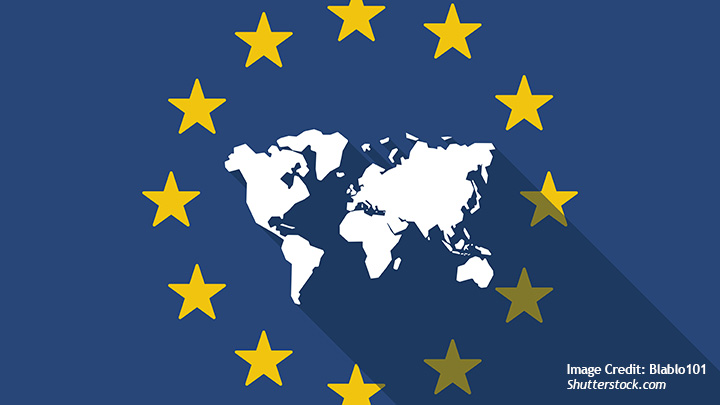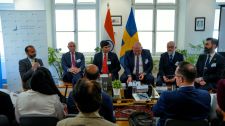The EU’s Response to Pahalgam: A Missed Opportunity

Jagannath Panda
The recent terrorist attack in Pahalgam was not just another act of violence—it was a chilling reminder of the brutal threats that still plague the Indian sub-continent. Yet, while many in the international community rushed to condemn the attack, the response from the European Union (EU) was, at best, lukewarm and strategically cautious.
India responded via Operation Sindoor with justified outrage, taking firm and decisive action against terrorism. The response was not merely reactive. New Delhi has, over the years, developed a robust counter-terrorism doctrine that aligns with both domestic imperatives and international norms. Through diplomatic engagements, intelligence cooperation, and military precision, as demonstrated in the post-Uri and Balakot responses, India has consistently shown strategic maturity in the face of provocation.
However, even as support poured in from various individual European nations, the EU’s reaction as a bloc, though outwardly condemnatory, seemed carefully calibrated to avoid uncomfortable truths. By refusing to call out Pakistan—a nation with a well-documented history of harboring militant networks—and by urging “de-escalation” instead, the EU defaulted to its usual posture of studied neutrality.
This episode prompts a necessary reflection: Why does the EU often refrain from taking an unequivocal stance when terrorism strikes South Asia? While European leaders rightly expect solidarity in response to attacks on their own soil, their reluctance to address security threats in India with similar clarity reveals an enduring inconsistency in approach.
Related Publications
-
Fostering Order In The Indo-Pacific: What the EU Can Learn From and Do With Australia, India, Japan, South Korea, and Vietnam
Executive Summary One of the most critical challenges of this century is fostering order in the Indo-Pacific. (Dis)order in this space will significantly affect the international order. Not only […]
-
Indian Prime Minister Visits Poland: Dr Aleksander Olech interviews Dr. Jagannath Panda
Narendra Modi, the Prime Minister of India, is visiting Poland today, marking the first visit by an Indian Prime Minister since 1979. The key topics of discussion will include the […]
-
China’s International Relations Theory and India
This chapter explores how China’s approach to India, and the wider region, reflects Chinese international relations theory and is undergirded by a complex interplay of geopolitical, historical, and ideological factors […]
-
ISDP-Embassy of India in Sweden Dialogue Calls for Focusing Momentum in India-Sweden Ties
Focus on six key areas: Science & Technology, Innovation, Energy, Sustainable Development, Defense, and Trade Economics. The partnership between India and Sweden can be replicated as a model for the […]
-
India-Nordic Budding Dynamics: Sweden, a Vital Gateway?
The India-Nordic summits in 2018 and 2022 had the clearly outlined goal of the expanding strategic coordination between India and the Nordics. The spike in trade reflects a healthy economic […]




